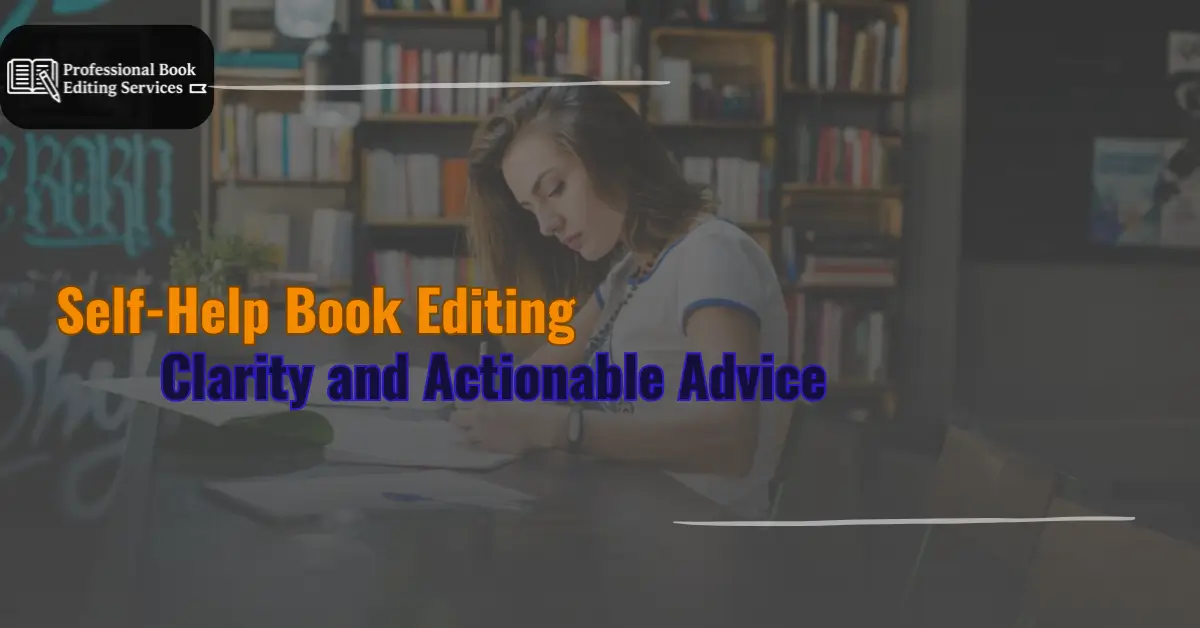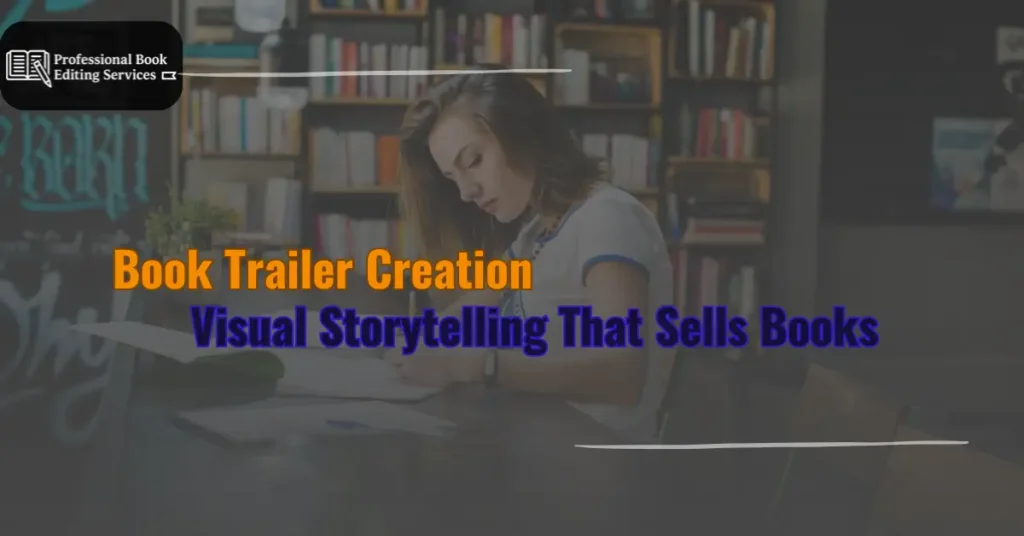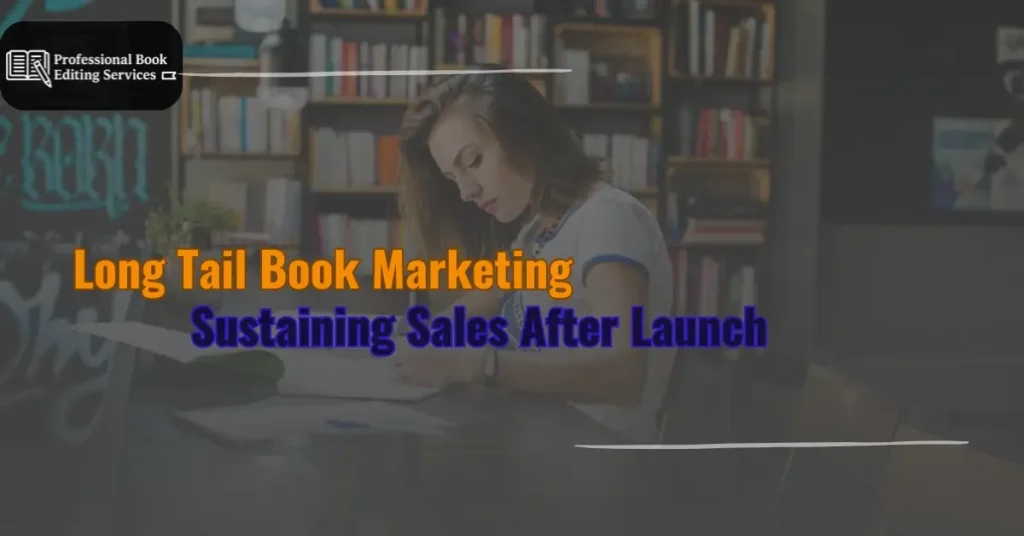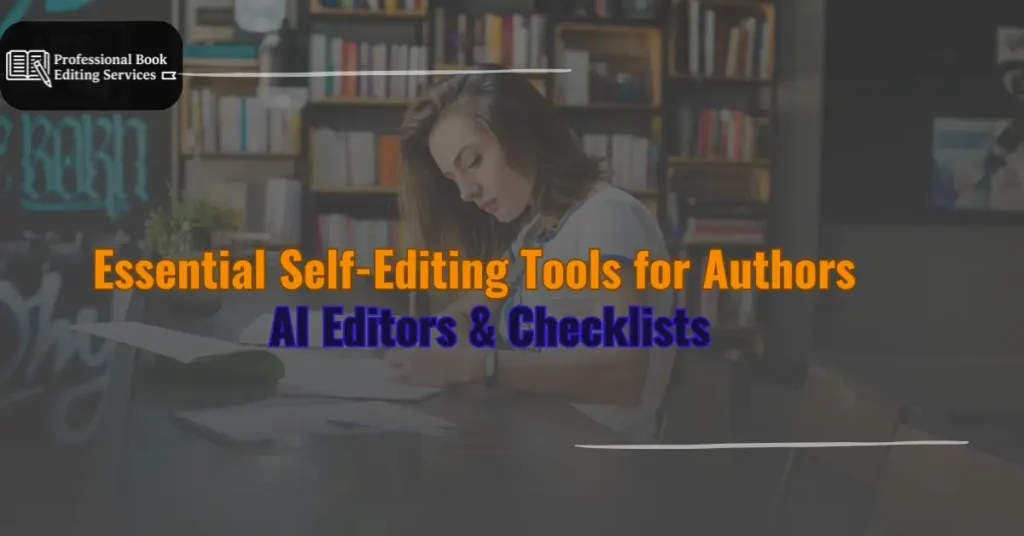Self-help books promise change. They offer readers new perspectives, practical guidance, and the motivation to take action. But for that promise to land, the message needs to be sharp, structured, and easy to apply. That’s where self-help book editing comes in.
Unlike fiction or memoir, self-help doesn’t rely on suspense or storytelling alone. It leans on clarity, accessibility, and structure. It needs to walk the line between informative and motivational, between teaching and inspiring. The editor’s role is to guide that balance, making sure the ideas connect while also ensuring the reader knows exactly what to do with them.
A draft might start with good intentions, powerful ideas, and a passionate tone. But even strong content can miss the mark if it’s repetitive, disorganized, or too complex. With professional editing, that content is transformed into a book that is useful, motivating, and easy to follow. This blog is all about how a professional editor can help bring clarity to the words that are for the people who need it.
Getting the Message Across Clearly
At the heart of every great self-help book is a clear message. Editors work to ensure that this message is front and center from beginning to end.
That begins by looking at how the content is framed. Are the main ideas stated plainly? Is the tone approachable and direct? Are there places where the message is buried in jargon or abstract language?
Self-help book editing aims to strip away what distracts and highlight what helps. Editors guide authors in choosing words that are simple and clear, without being dull. They tighten sentences, eliminate vague phrasing, and refine structure to bring focus where it matters most.
This work can be especially useful for authors used to more expressive or lyrical writing, such as those experienced in poetry editing or romance novel editing, where tone may outweigh clarity. In self-help, the reader needs to understand the takeaway immediately.
Making Advice Actionable
A powerful self-help book doesn’t just explain, it instructs. But not every idea naturally translates into a step the reader can take.
Editors step in to test each piece of advice. They ask: Is this actionable? Can a reader do something with this information? If not, what’s missing?
They work with the author to rephrase general suggestions into specific guidance. That could mean turning a motivational paragraph into a clear list of steps or breaking down a concept into a mini-framework the reader can remember and apply.
This process is closely tied to what writers ask when researching how to edit a book, because refining a book isn’t just about grammar. It’s about increasing clarity and usefulness at every level.
Authors familiar with non‑fiction editing or self-editing tools for writers might have an early edge here, but even experienced writers benefit from an external editorial eye that focuses on the reader’s practical experience.
Structuring the Book for Flow and Logic
Self-help books often cover a wide range of ideas. Without a clear structure, those ideas can feel disconnected or overwhelming.
Editors help organize content in a way that builds naturally. That might mean grouping chapters by theme, introducing concepts in a sequence that reflects learning, or creating a narrative arc that mirrors transformation.
They also help build transitions between chapters, ensuring that each section flows smoothly into the next. If chapters feel like stand-alone essays, the reader may lose focus. A strong editorial pass makes sure the whole book reads like one continuous conversation.
This structural work echoes the kind of story logic seen in fantasy book editing or YA fantasy editing, where consistency and pacing keep readers grounded in complex worlds. The difference here is that the world is internal, the reader’s mindset, and life.
Refining the Author’s Voice
Tone matters in self-help. Too casual, and the advice might feel shallow. Too clinical, and it can feel cold or unrelatable. Editors help find that balance so the voice feels credible, warm, and motivating.
They look at how the author speaks to the reader. Is the tone encouraging or instructive? Does it invite the reader in or talk down to them? Are stories or examples used to make points stick? When needed, editors recommend rewriting sections to match the tone of the message. A chapter on resilience might need a calmer tone than one about pushing through procrastination.
Authors coming from memoir editing often have an advantage here, as they’re used to writing in a personal and authentic voice. Editors make sure that the voice stays consistent and effective throughout the entire book.
Ensuring Accuracy and Avoiding Overpromises
Self-help books often draw on psychology, neuroscience, wellness, or productivity research. Editors verify that claims are accurate, that sources are cited when needed, and that the advice stays grounded in reality.
This is about protecting both the author’s credibility and the reader’s trust. Overpromising results or presenting opinions as universal truths can weaken a book’s impact and its reception. Editors ask authors to clarify bold claims, refine statistics, or provide context for personal experiences framed as general advice. This editing process helps the book stay honest, helpful, and safe.
While the work may feel different from thriller editing or science fiction editing, where consistency is key to plot, the principle is the same: logic, truth, and follow-through matter, no matter the genre.
Visual Clarity and Layout Recommendations
Though not all editors handle design, many give feedback on how layout can support clarity. This includes where to place callouts, how to break up long paragraphs, and how to use section headings to keep readers engaged.
They might suggest visual consistency for chapter formatting, reworking overly long sections, or balancing dense concepts with relatable examples.
In self-help, layout affects comprehension. A cluttered page can overwhelm. A clean one helps the message land. These considerations are less relevant in areas like short story editing or historical fiction editing, but they’re crucial for practical, guide-style books.
Who Should Edit a Self-Help Book?
Not all editors are alike. A strong self-help editor understands how to balance structure with voice, motivation with clarity, and advice with accessibility.
Some authors may begin with self-editing tools for writers or early-stage input from beta readers and editors, but these stages are only the beginning. A full editorial review brings in deeper revisions, from content structure to sentence clarity.
Editors experienced across genres, from YA book editing to children’s book editing, can bring added perspective, especially when helping authors define tone and audience. But what matters most is an editor who understands how to teach and inspire on the page.
Conclusion
Self-help book editing transforms a draft from idea-packed to reader-ready. It shapes information into guidance, tone into motivation, and concepts into clear steps readers can follow.
Through careful restructuring, refined voice, and an eye for practical detail, editors help self-help authors do what they set out to: make an impact. Whether you’re coaching productivity, promoting wellness, or encouraging transformation, the right edit makes the message stronger, sharper, and easier to share.
And just like editing in genres such as romance novel editing, children’s book editing, or non-fiction editing, the goal remains the same: to connect with readers and leave them changed.





